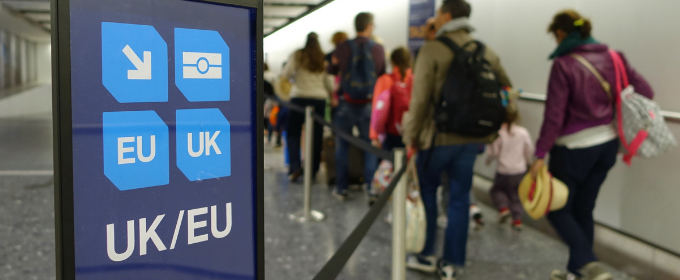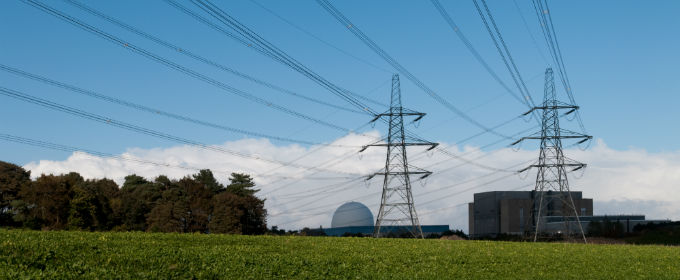During the current pandemic, governments have devoted much debate and effort to the maintenance of critical sectors of the economy – namely those that need to remain active to guarantee basic economic and social functioning, at least in the short to medium term. Many of these sectors are heavily dependent on workers typically seen as […]








